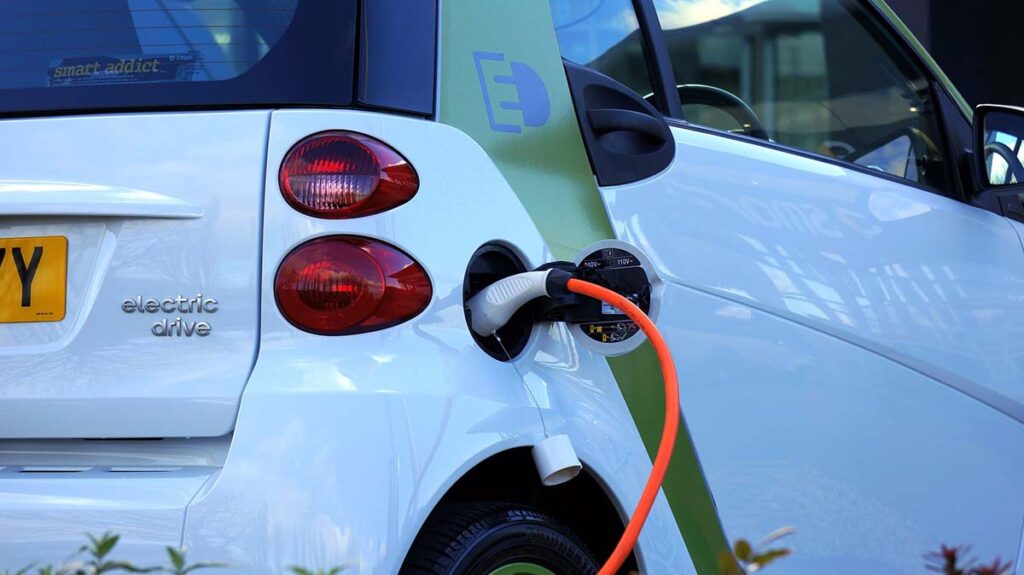With the President signing the Inflation Reduction Act into law in mid-August there are many important takeaways from this legislation designed to fight inflation, reduce our national deficit, help lower healthcare costs, and help to combat climate change.
The Inflation Reduction Act will invest $370 billion into renewable energy to offset climate change with the goal of lowering consumer costs and reducing greenhouse gas emissions by 2030. This post will specifically focus on a major portion of that initiative, changes to the EV tax credit (Electric Vehicle Tax Credit).
First, a little background into the EV tax credit.
In 2010, the US government started a program offering up to $7,500 in tax credits for consumers purchasing electric vehicles. The base incentive was for $2,500 and depending on the battery’s compacity in kWh the credit could qualify for up to $7,500. The purpose of this incentive was to encourage people to buy more fuel-efficient vehicles and reduce the cost of doing so.
The new legislation extends the $7,500 credit for the purchase of qualifying electric vehicles through December 31, 2032. It also introduces significant changes including a new tax credit on qualifying “used” electric vehicles, domestic final assembly requirements, vehicle sales price limits and consumer income caps on qualifying new vehicle purchases, and the elimination of the 200,000 unit per manufacture phase-out.
For new vehicles, there are numerous adjustments including vehicle pricing caps and income limits on consumers’ hoping to claim the credit. The credit only applies to EVs costing $55,000 or less and electric trucks, vans, and SUVs costing $80,000 or less. This will significantly reduce the credit availability for luxury vehicles.
Taxpayers over the adjusted gross income limits listed below will not qualify for the $7,500 credit either.
- Single Filers > $150,000
- Head of Household > $225,000
- Joint Filers > $300,000
Vehicles bought (and signed contracts to purchase these vehicles) before August 16th will qualify for the credit based on the requirements before the signing of the Inflation Reduction Act, meaning they would not need to meet any new conditions.
Amongst them are the new requirement that the vehicle’s final assembly occur in North America. This includes the manufacturing of batteries and mineral components used to build them (lithium, cobalt, graphite). These items need to be sourced in North America or from countries with which the US has free trade agreements. Batteries sourced from outside will limit the amount of credit that can be claimed. This final assembly provision is the only change under the new legislation that takes effect immediately as of August 16, 2022.
Starting in 2023, the new legislation introduces a new tax credit for the purchase of pre-owned electric vehicles up to $4,000. A “used electric vehicle” is defined as at least two model years old. The used vehicle credit would be worth either $4,000 or 30% of the sales price, whichever is less.
Under the previous guidelines, manufacturers went through a phase-out of the $7,500 credit once they hit the 200,000 units sold mark. Under the new legislation, this threshold has been eliminated starting in 2023. This will allow manufacturers, including Tesla and GM to qualify once again, increasing the number of eligible vehicles.
For more information on the EV tax credit or if you are considering purchasing an electric vehicle and have questions on the eligibility of a vehicle for the EV tax credit, please contact us; our professionals would be happy to help you determine if you qualify for this credit.


